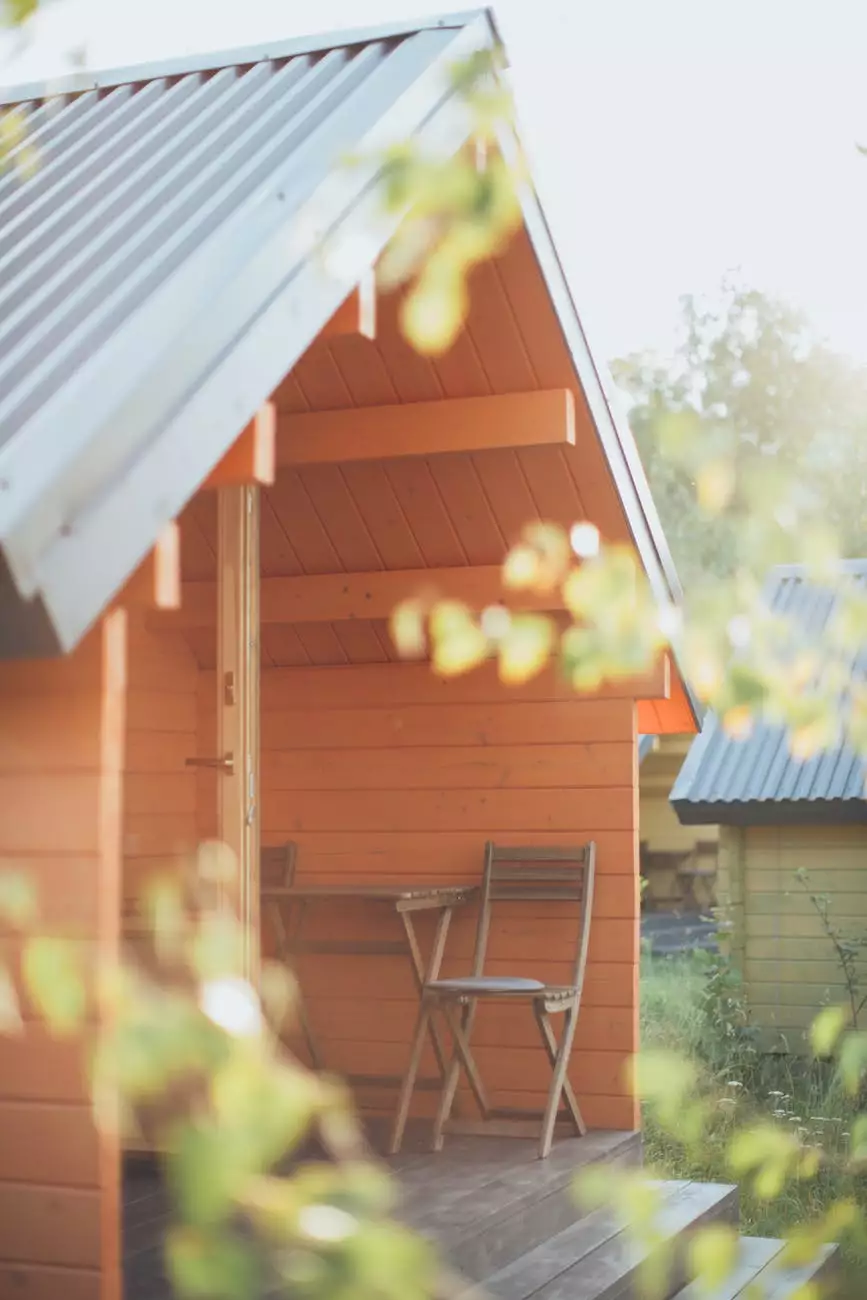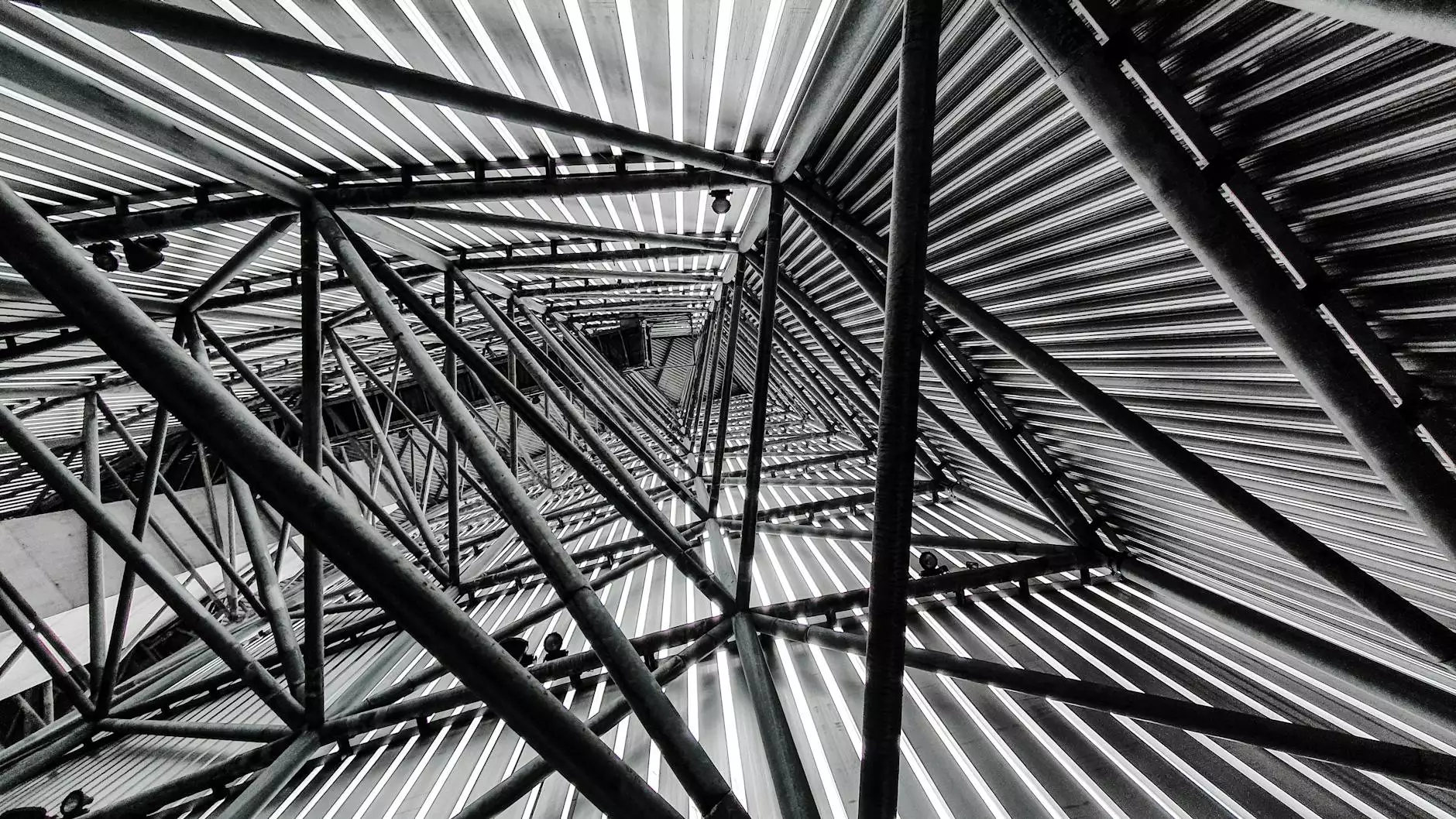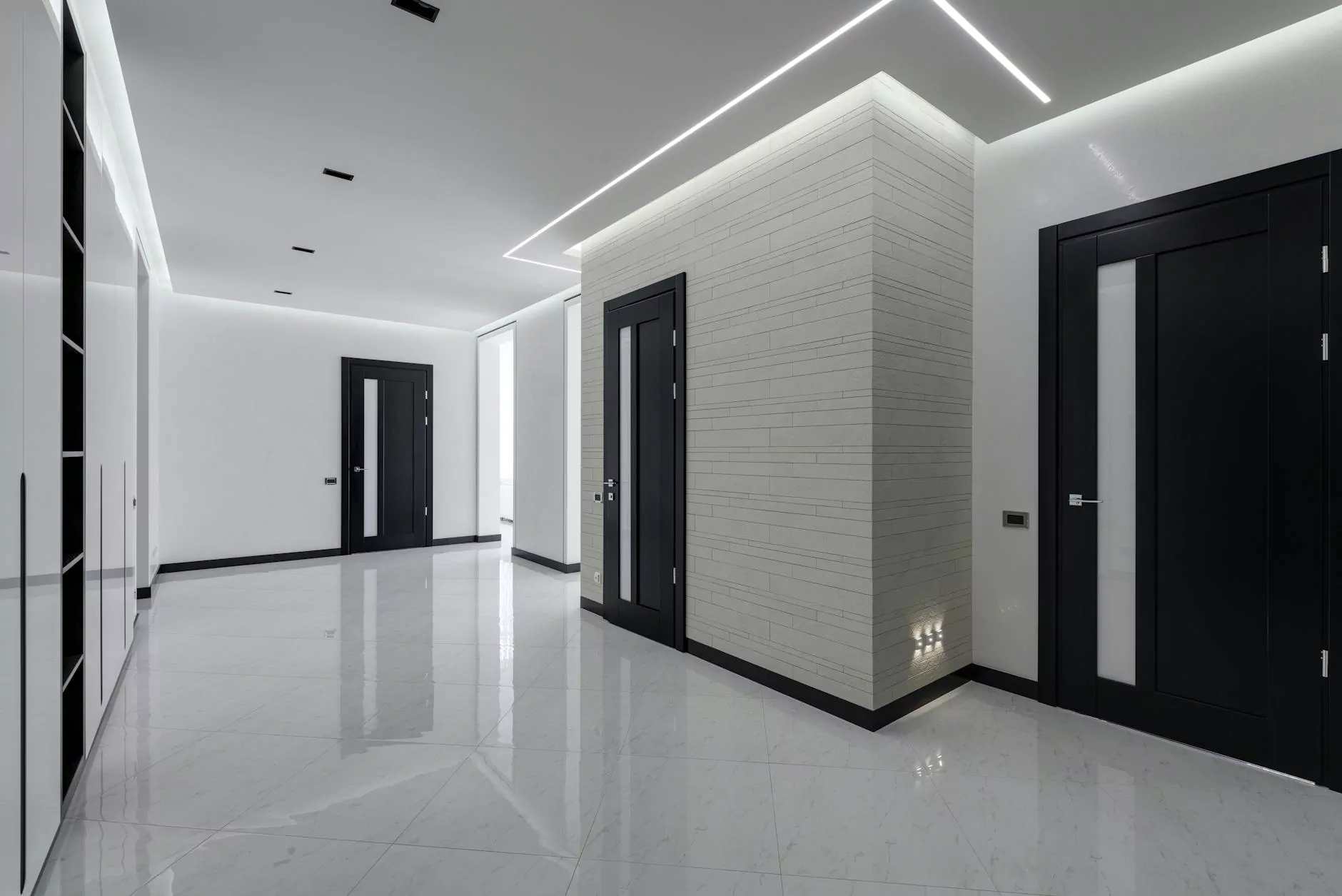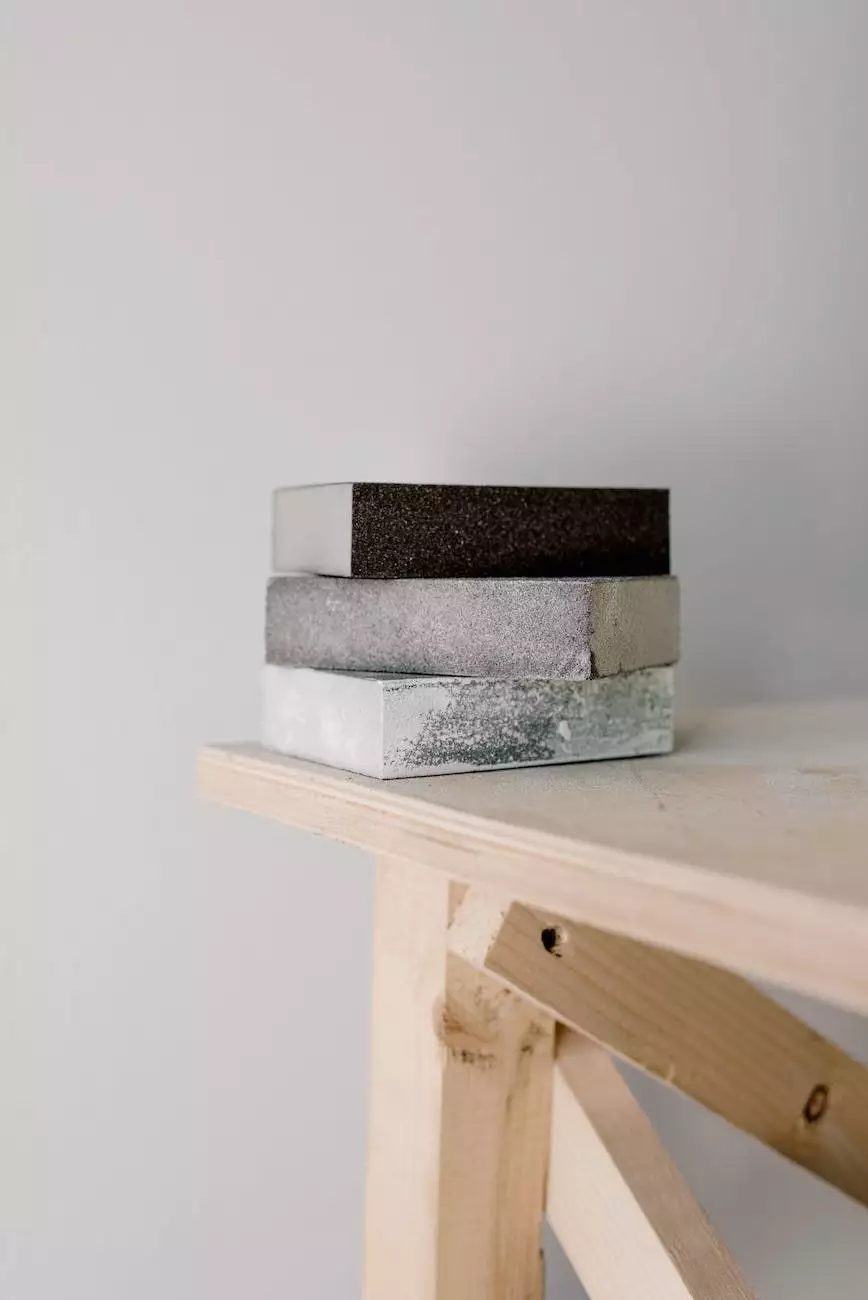Definition of the term Shed Roof
Services Offered
Welcome to Nicholas Home Inspection & Consulting, your trusted source for all matters related to the construction industry. In this article, we will delve into the definition and importance of the term 'Shed Roof' and how it relates to our expertise in the field of Business and Consumer Services - Consulting & Analytical services.
What is a Shed Roof?
A shed roof is a type of roof characterized by a single, sloping surface that is lower on one side than the other. It is called a 'shed' roof due to its resemblance to the simple structure often found in gardens or backyard sheds. This type of roof design is commonly used in residential and commercial buildings.
Shed roofs offer several advantages over other roof types, making them a popular choice among architects and homeowners:
- Simplicity: Shed roofs are simple to construct and require fewer materials compared to more complex roof designs.
- Cost-effectiveness: Due to their simple structure, shed roofs are more cost-effective in terms of both initial construction and long-term maintenance.
- Water drainage: The sloped surface of a shed roof facilitates efficient water drainage, reducing the risk of leaks and water damage.
- Aesthetics: Shed roofs can add a unique and contemporary look to a building, making them a popular choice for modern architectural designs.
Importance of Shed Roofs
Understanding the importance of shed roofs is crucial for both building owners and professionals in the construction industry. Here are some key points to consider:
1. Weather Protection
A well-constructed shed roof provides effective protection against various weather elements, such as rain, snow, and harsh sunlight. By directing water away from the building, it helps maintain the structural integrity and prevents water-related issues, including rot and mold.
2. Energy Efficiency
Shed roofs can contribute to improved energy efficiency of a building. The slope of the roof allows for efficient insulation and ventilation, reducing the need for excessive heating or cooling. This, in turn, can lead to lower energy bills and a more sustainable environment.
3. Design Flexibility
Shed roofs offer architects and homeowners increased design flexibility. They can be combined with other roof types or incorporated into complex building designs, allowing for more creativity and customization options. This versatility makes shed roofs an attractive choice for both residential and commercial projects.
4. Durability
When properly constructed and maintained, shed roofs are highly durable. Their slope helps withstand the impact of wind, snow, and other external forces, ensuring the long-term stability of the building.
Conclusion
In conclusion, shed roofs, with their simple yet effective design, provide numerous benefits in terms of cost, aesthetics, functionality, and durability. As experts in the field of Business and Consumer Services - Consulting & Analytical services, Nicholas Home Inspection & Consulting can provide you with professional assessment and advice regarding shed roofs and other aspects of your construction projects. Trust our expertise and let us help you make informed decisions for your building needs.










